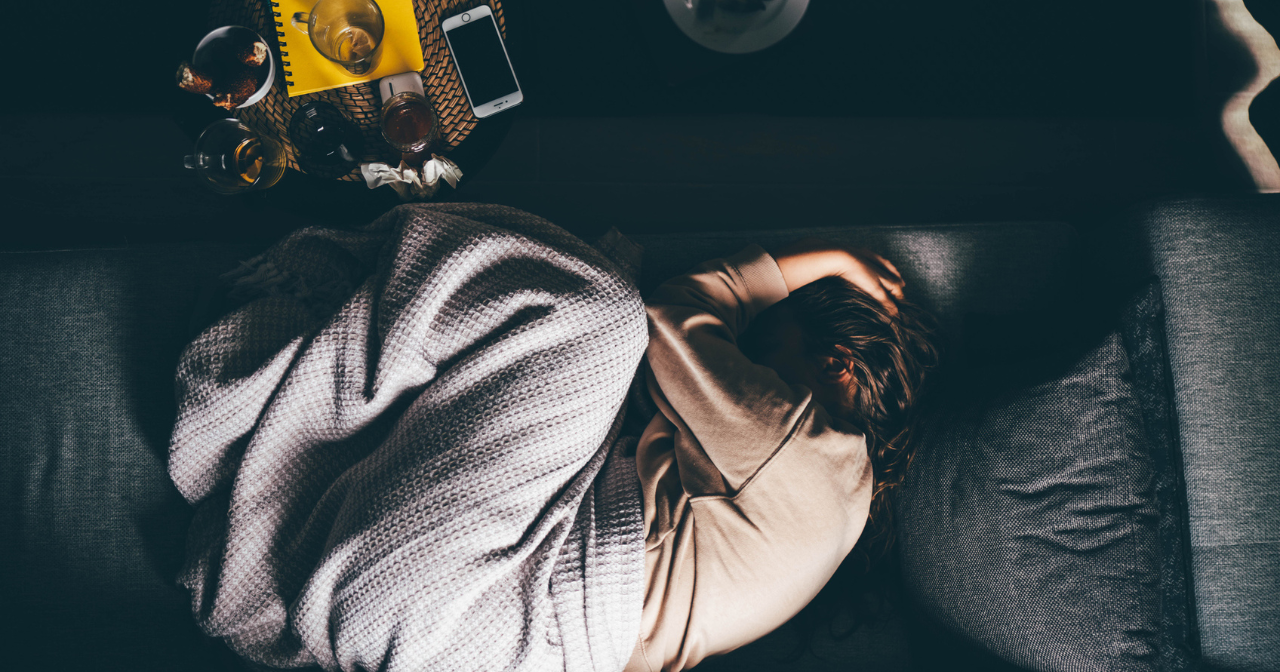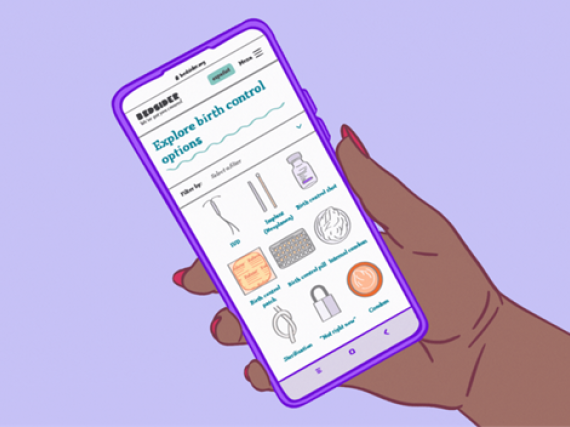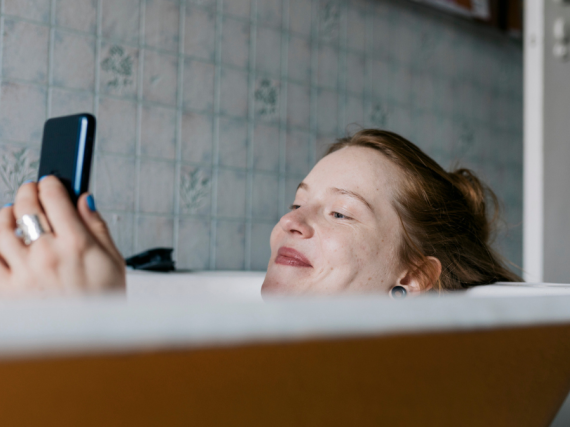Struggling to Open Up About Anxiety
When I was in my junior year of high school, I began feeling increasingly anxious and depressed. The cycling between the two left me exhausted but also on edge, not sleeping well some nights and then way over-sleeping on others. I didn’t really see what was happening at first. In the fall, I had come down with strep, mono, and a sinus infection all at the same time (not the most fun trifecta). I chalked my feelings up to the stress of missing classes, and the general malaise of feeling pretty sick for longer than usual. I thought I was fine, that it would pass.
When it didn’t pass, I grew scared, and the shame took over soon after. I kept up appearances. Most people would see me and say things like, “Oh, Anna, you’re always smiling!” or “You look like you’re having so much fun in your pictures online!” I studied; I turned in assignments. But I started spending a lot of time in my room in the dark after school, not feeling up to doing anything. In my bed in the mornings, I’d wake up in a panic, dreading starting another day of feeling anxious and ashamed of myself. I felt like I couldn’t talk to my siblings or my parents, and mostly kept to myself at home. I didn’t want to talk to my friends because I felt like we were all going through different things, and what I was feeling wasn’t important. I shut people out, instead of talking about what was going on, and as I grew more isolated, I had less motivation to do normal activities or be around people. This vicious cycle was overwhelming, but since I was still managing in my classes, I thought it was all good. No one would notice.
What I didn’t realize at the time, was that my English teacher was looking out for me. She could tell something was off, and she shared her concerns with my class dean. When he reached out, I panicked. I thought I was hiding it well, that no one knew about the turmoil inside. But he just wanted me to know he was there. There was no judgment or anger, he just wanted me to know he’d listen if I wanted to talk about anything. We started meeting every month to check in, and knowing I had this safe space meant so much to me. My English teacher was the first person who made me feel like I wasn’t a failure, and that I just needed help. Knowing her and the dean were in my corner made all the difference.
They became my biggest supporters until I graduated. They saw me in pain, anxious, not knowing where to turn or how to even voice what I was experiencing, and they let me lean on them. At my very lowest points, I knew they saw me as a whole person, not just the collection of symptoms. They didn’t blame me, or shame me, as I had done countless times to myself. They talked to me about potentially finding a therapist, and they helped me realize that this didn’t mean I had failed.
Because of them, close to the end of my junior year, I finally got the courage to go downstairs, walk into the den where my parents were watching tv, and tell them I needed help. I could have easily gotten lost in the sea of students, and I feel so lucky every day that they helped me when I didn’t even know I needed it. Finally saying out loud that I needed to get professional mental health treatment felt almost impossible at the time. But it changed things in my life for the better.
Talking to my teachers about my feelings, something I would have never imagined doing, turned out to be the best thing that happened in high school. I know that I wouldn’t have gotten through that difficult time without them.
This October, in recognition of Let’s Talk Month, I’m sharing my story in the hopes that it inspires people to reach out to the young people in their lives, check in on them, and let them know they have a safe space if they need it.
Anna Sorensen got her B.A. in Women’s, Gender & Sexuality Studies and Spanish from The George Washington University. As a Digital Programs Fellow, she gets to use her passion for reproductive justice and health equity to help patients throughout the U.S. find contraceptive and abortion care.



